Poverty across UK forces 11.3mn Britons into hunger, report reveals
A landmark research study has revealed an excruciating extent of food poverty across Britain as the general public grapple with soaring inflation and the highest cost-of-living in a generation.
More than eleven million people or one in seven persons throughout the UK faced hunger in the last year due to a shortage of money, according to a new study by a leading charity organization, the Trussell Trust.
According to the charity, the latest findings are just the tip of the iceberg and the shortage of money is not limited to just hunger pangs among the impoverished Britons.
It said the impact of poverty leads to worrying social isolation and loneliness, spiraling debt, and a decline in physical and mental health.
Trussell Trust said its food banks network distributed close to 3 million emergency food parcels in the past 12 months, as the levels of need were even more than during the peak of the coronavirus pandemic, and more people found themselves incapable of covering the cost of essentials such as heating and food.
The researchers in the survey found that low income is a key reason people disconnect relationships, as meeting up with friends and family costs money.
According to an earlier UK research study, coping with hunger has become the norm for millions of Britons faced with an unprecedented rise in food prices amid the ongoing cost-of-living crisis.
The UK Government says households are currently experiencing the biggest two-year squeeze in living standards since the 1950s.
In the meantime, the seemingly unending crises continue under the ruling Conservative Party.
Government critics blame the Conservatives for the woes of the lower income strata in society, struggling to stay alive in the harsh economic conditions, forcing many Britons to turn to food banks amid the country's cost-of-living crisis and soaring inflation.
Prime Minister Rishi Sunak's economic pledge to halve overall inflation in 2023 before a 2024 election has been undermined by high food prices, which has in turn added strain to household budgets already squeezed by higher taxes and mortgage rates.
According to the most recent official data, food and drink inflation was running at 18.3 percent in May, and 14.6 percent in June.
Soaring food prices have contributed to the biggest squeeze on living standards across Britain since records began in the 1950s.
Hamas slams latest Israeli strikes on Gaza, says Netanyahu aims to derail truce
UN group denounces EU’s ‘illegal’ designation of Iran’s IRGC
Russia hopes US ‘resorts to wisdom’ amid tensions with Iran
VIDEO | Press TV's news headlines
Palestine Action activists exonerated
Russia, Ukraine hold talks after ‘productive’ opening session
VIDEO | How Palestinians view Trump’s Gaza reconstruction plan
VIDEO | Iranians mark birth anniversary of Imam Mahdi


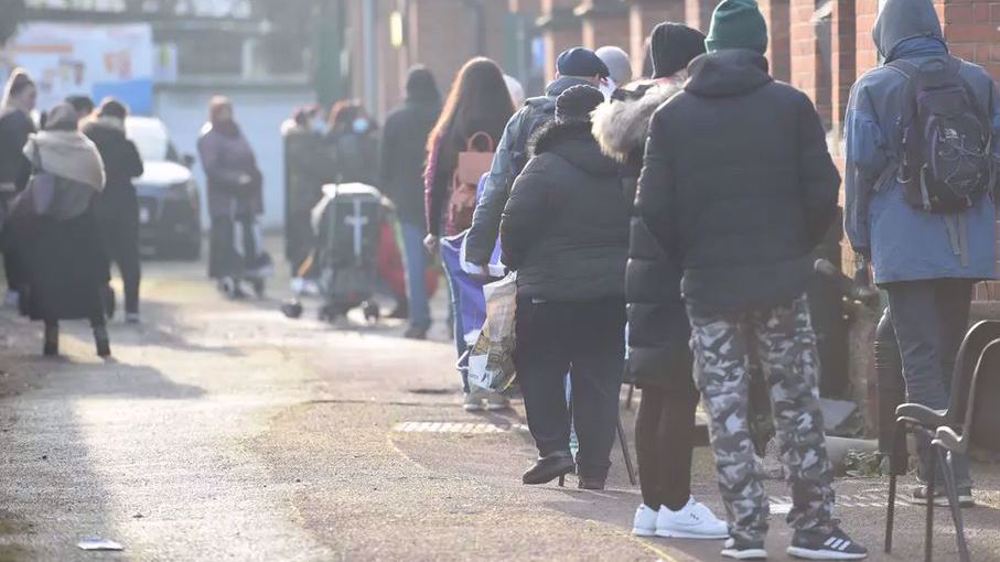
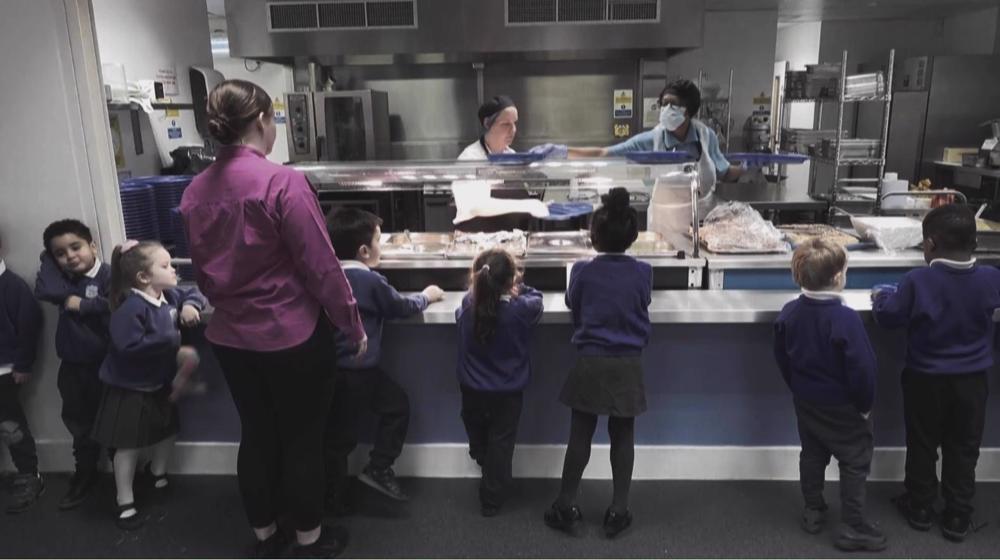
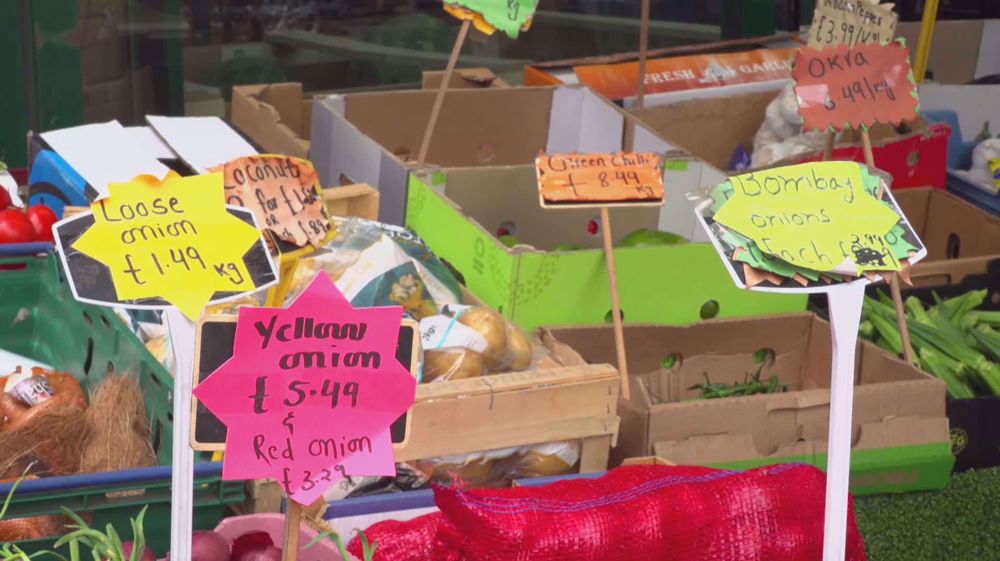
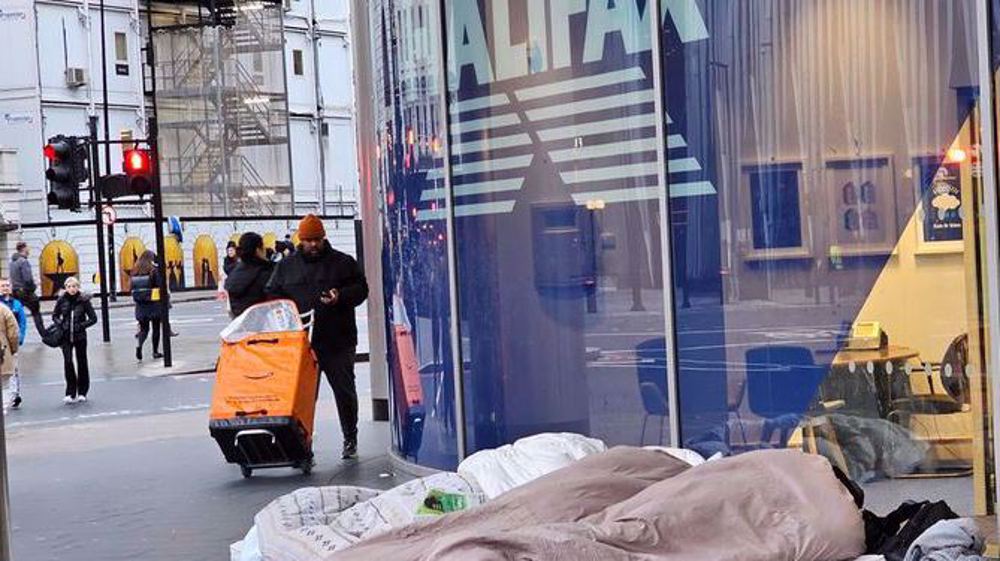
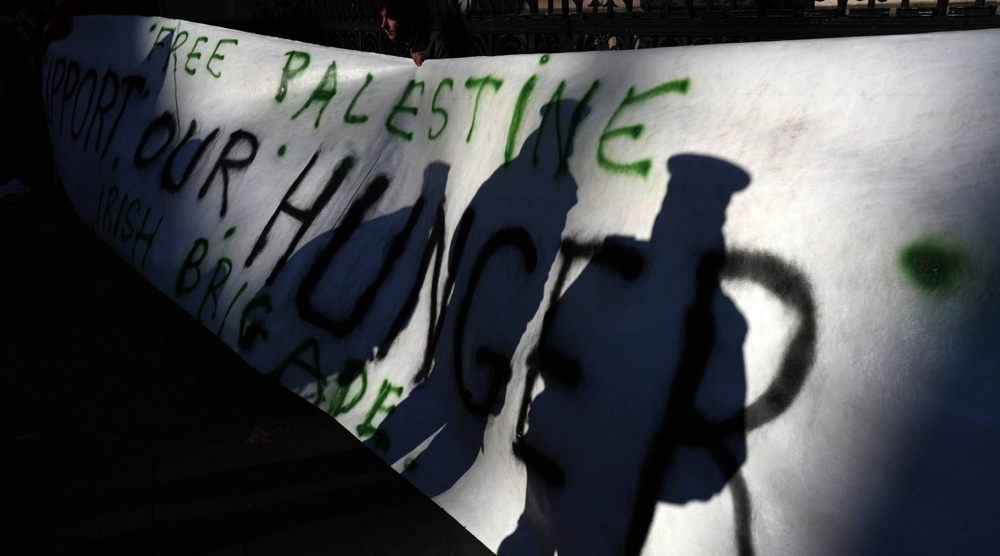
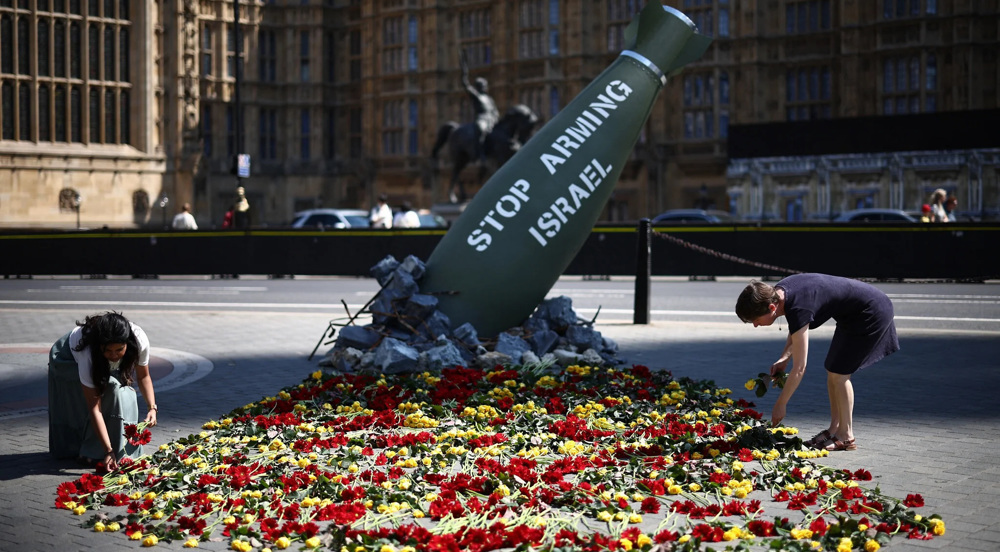




 This makes it easy to access the Press TV website
This makes it easy to access the Press TV website